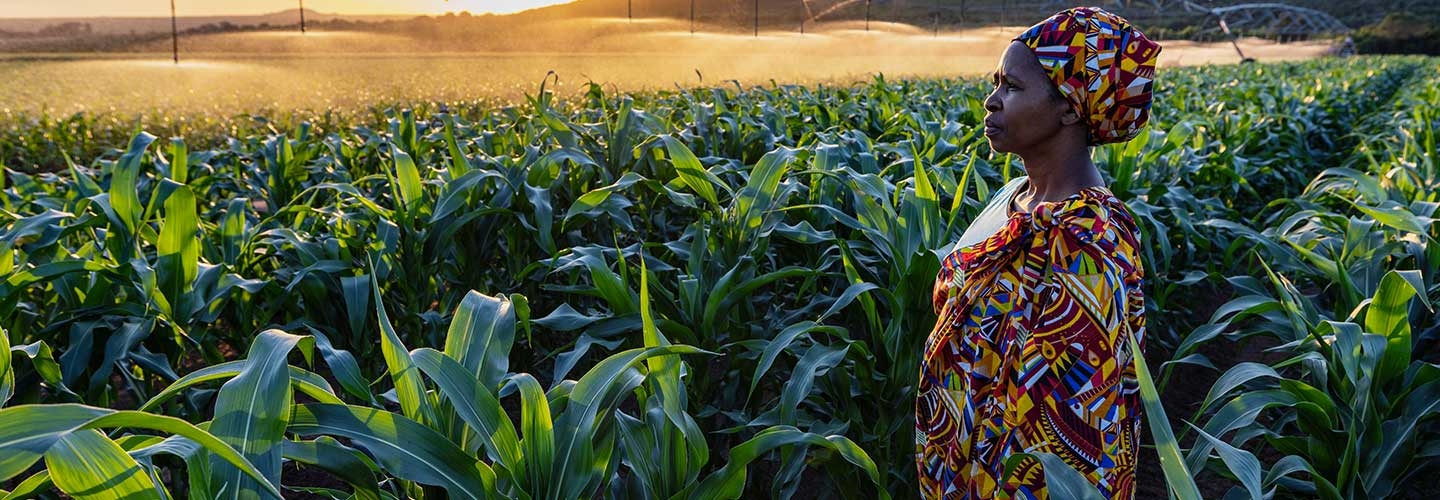Urban farming refers to the practice of cultivating crops, livestock, or types of food in an urban environment. Although we might think farmland is the opposite of the concrete, glass and steel of the city, the practice of setting aside urban land for cultivation has a long history. In recent years, urban farming has helped improve agricultural sustainability and food security for growing urban populations.
If you’re thinking of cutting costs by growing some of your own produce, you may be asking: how does urban farming work, and what benefits does it bring?
Rooftop gardens and vertical farming
Farming needs infrastructure, and buildings with community rooftop gardens can provide that infrastructure in urban areas – especially for small-scale production meant for consumption by residents of the building.
Vertical farms are another option, and they are becoming popular around the world for commercial agriculture. In these indoor facilities, urban farmers can grow produce year-round by controlling light, temperature, and water. From commercial vertical farms, fresh produce travels only a few kilometres to reach store shelves compared to conventional produce, which can travel thousands of kilometres by road, rail or air.
Local examples of city agriculture
Gauteng is home to South Africa’s largest urban population, and urban farming in Johannesburg could potentially improve food security throughout the province. According to recent research by the Human Sciences Research Council of South Africa, around 40% of Joburg households experience some kind of food insecurity. Urban agriculture can help address this, while contributing to job creation at the same time.
Urban agricultural operations can put unused spaces like warehouses to good use
There are already many examples of working urban farms around Johannesburg. They take various forms, from backyard and community gardens (something that you might consider for your own household to reduce your food bills), to larger-scale urban plots run commercially in townships or informal settlements. They produce a variety of vegetables, including spinach, kale, lettuce, pumpkin, and sweet potato. Urban farmers often sell their produce directly to the local community.
Some examples of organic and hydroponic urban farming
Neighbour Roots is a 300 m2 hydroponic farm on top of Morningside Shopping Centre in Sandton. A collaboration between entrepreneurs, farming co-operatives, the mall developers and local Redhill School, this successful rooftop farm sells fresh vegetables and a variety of herbs to restaurants inside the shopping centre and local outlets.
African Women in Agriculture is one of the organisations helping to motivate and enable women who want to become urban farmers through programmes such as the Lwazi Agripreneur Incubator.
The Siyakhana Organic Food Garden, founded in 2005 by former dentist Michael Rudolph, is one of the best-known and longest-running urban farming empowerment initiatives. It started life as a 1-hectare food garden, and now has several sites around greater Johannesburg and further afield. The initiative creates employment, grows skills and community cohesion, raises public awareness, and enables economic sustainability.
The urban farms sprouting around Johannesburg and other cities show that a different food system is possible – that cities can provide equal access to healthy, sustainable, nutritious food by empowering their own citizens to become part of the change.
Benefits of urban farming
Whether you’re interested in the concept as a personal lifestyle choice to cut your food costs, or as a potential commercial opportunity, there are 3 noteworthy benefits of urban farming:
- Local produce
Eliminates the energy and cost of shipping food over long distances.
- Density
Practices like vertical farming can allow for more production per square metre of land.
- Redevelopment
Urban agricultural operations can put unused spaces like warehouses to good use. It presents a business opportunity and employment benefits for residents, and another option for urban planners looking to repurpose inner-city buildings.
If you have an interest in urban farming, learn more about our agriculture solutions.
Nedbank Small Business Services can advise and support you as you grow your startup.








